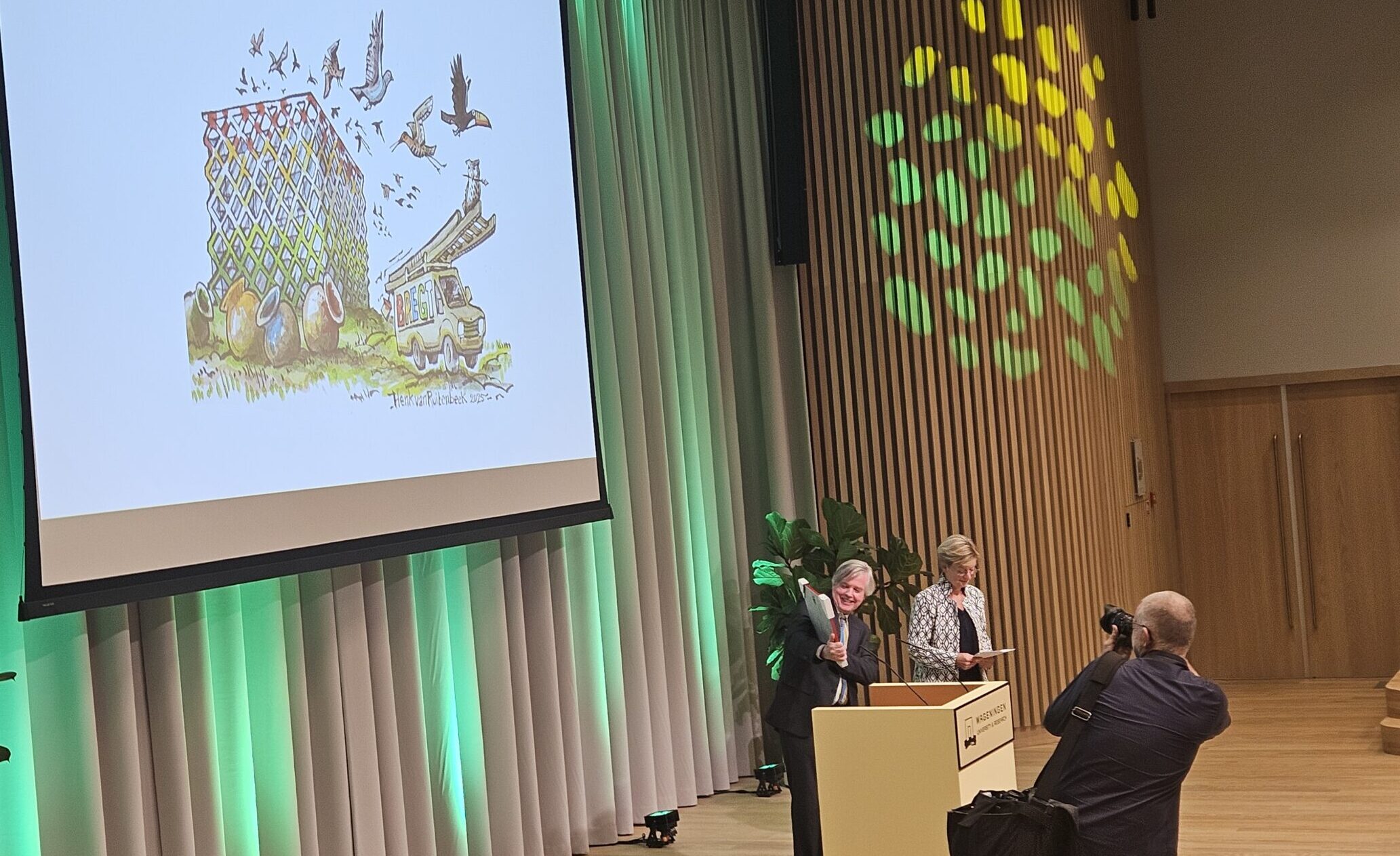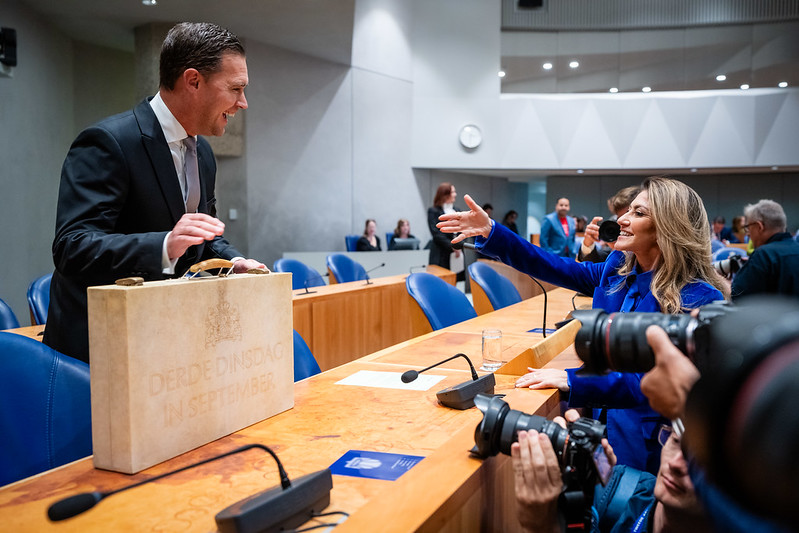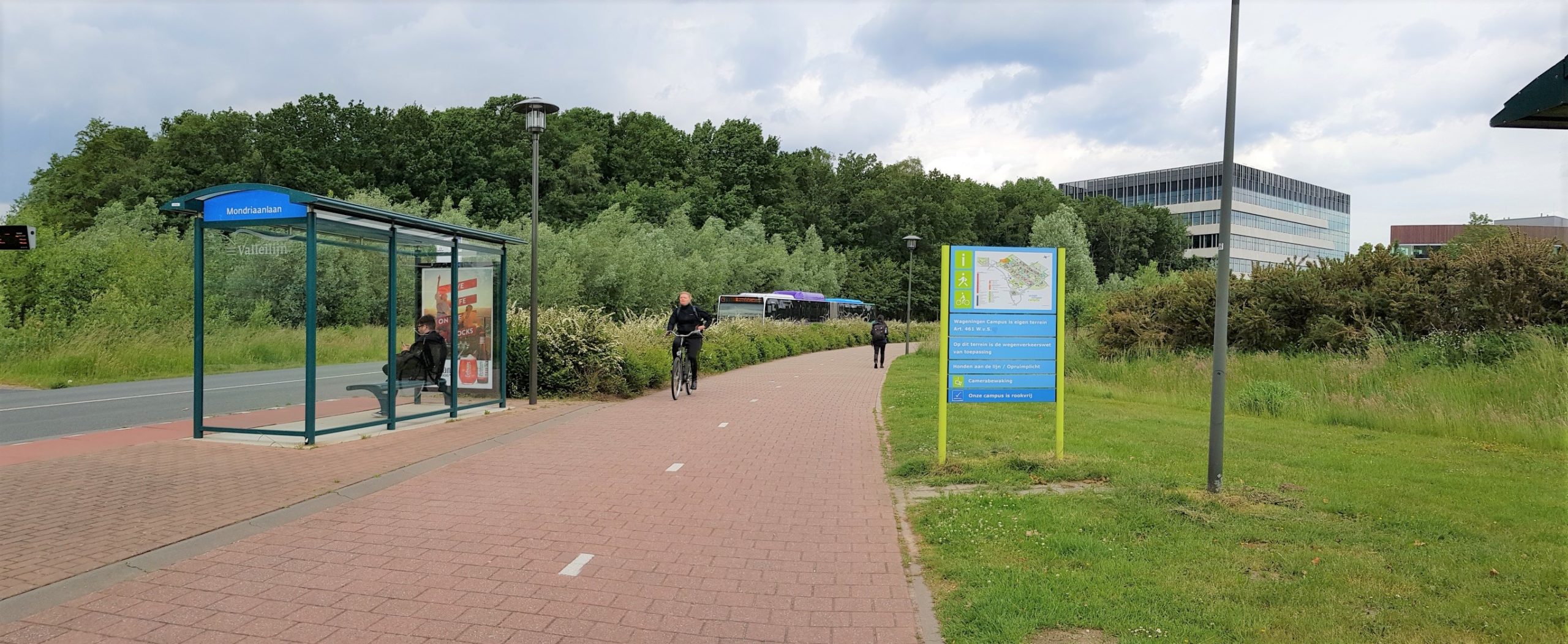The results it is expected to yield can be used to benefit education after corona.
When all WUR teaching activities were shifted to online teaching all of a sudden due to the corona mitigating measures, dean of education Arnold Bregt and rector magnificus Arthur Mol reached out to the Education and Learning Sciences chair group under professor Perry den Brok. ‘This is a unique situation, in which people were forced to learn a lot about online education in a very short time’, Den Brok states. ‘Some of these lessons learnt could be useful in moving forward. Arnold and Arthur asked us to monitor the developments.’
Postdoc Tim Stevens was given the research assignment. ‘Our research focusses on how the transition to online education affects the professional development of teachers, the curriculum and the course design’, Stevens clarifies. ‘We strive to shed light on the issues and challenges teachers and students face in online education.
The quality of education in period six will be higher than that of period five, but the rating may not be
I also want to figure out what works well. We study what tools are used for different courses, how the tools are used, and how teachers and students assess their use.’
Different types, different tools
‘There are different types of students and teachers,’ Stevens continues. ‘While certain people are good at live interaction, others may be better at providing assignments and feedback. This is why I include students’ and teachers’ attitude and how this may influence their use and assessment of the tools.’
The insights from Stevens’ research are to be applied in next year’s education. ‘I also want to gain scientific insights for publication, but that is a plan for the future.’
Period six
Period six will take place entirely through online education. Stevens expects the quality of the courses to surpass that of those offered in period five. ‘For period five, the courses had to be changed to online teaching in a matter of days, and there was a general sense of satisfaction that there was any kind of education at all. But now, teachers have been able to get some experience in online teaching, which they can apply in the next period. Furthermore, the support for online education has improved, both in a technical and logistical sense. However, the students may now also have higher expectations, so whether the ratings will improve is still unclear.’
Den Brok: ‘This transition forces teachers to reconsider the learning process. It also requires a more precise approach. In front of a group, it is easier to improvise. Online, improvisation is hardly an option, so it is more important to be well prepared. Teachers must now think about the learning process in a different manner. A valuable endeavour.’
Further information on Stevens’ research project can be found.

 Photo: Tim Stevens.
Photo: Tim Stevens. 

